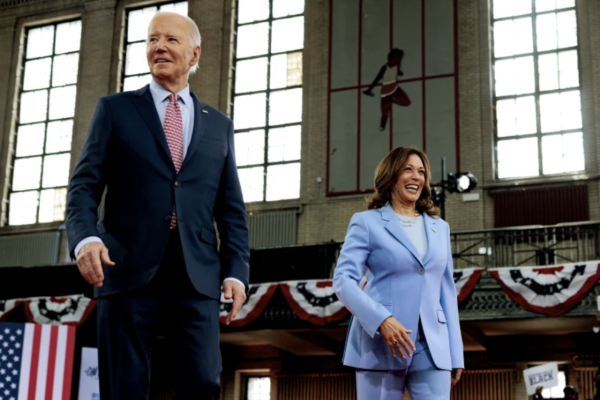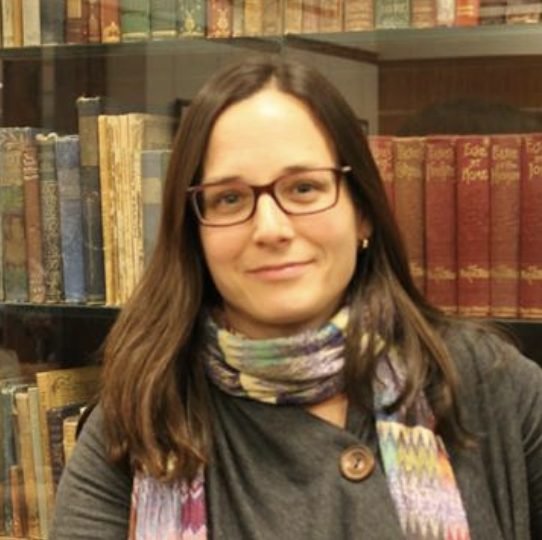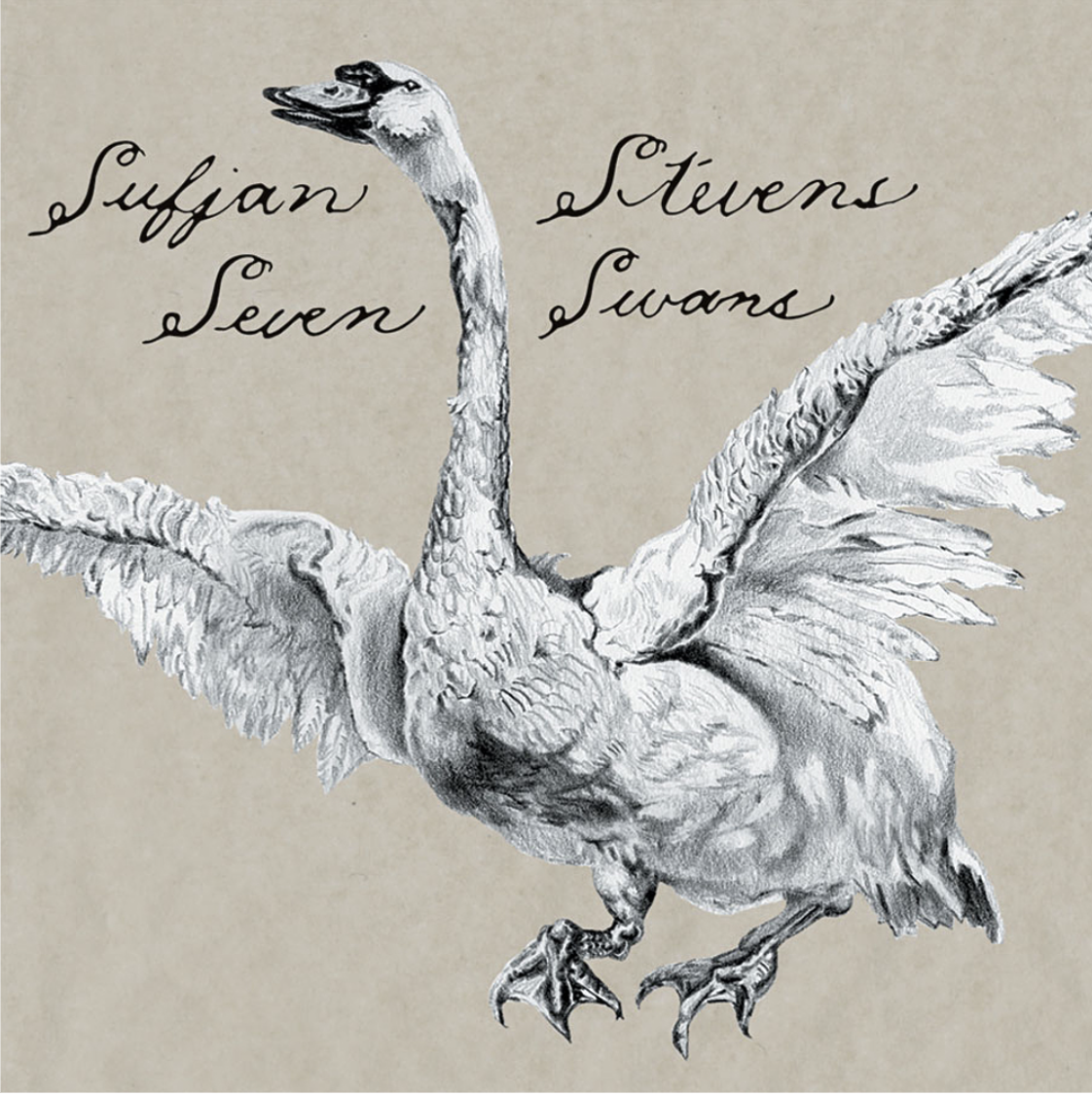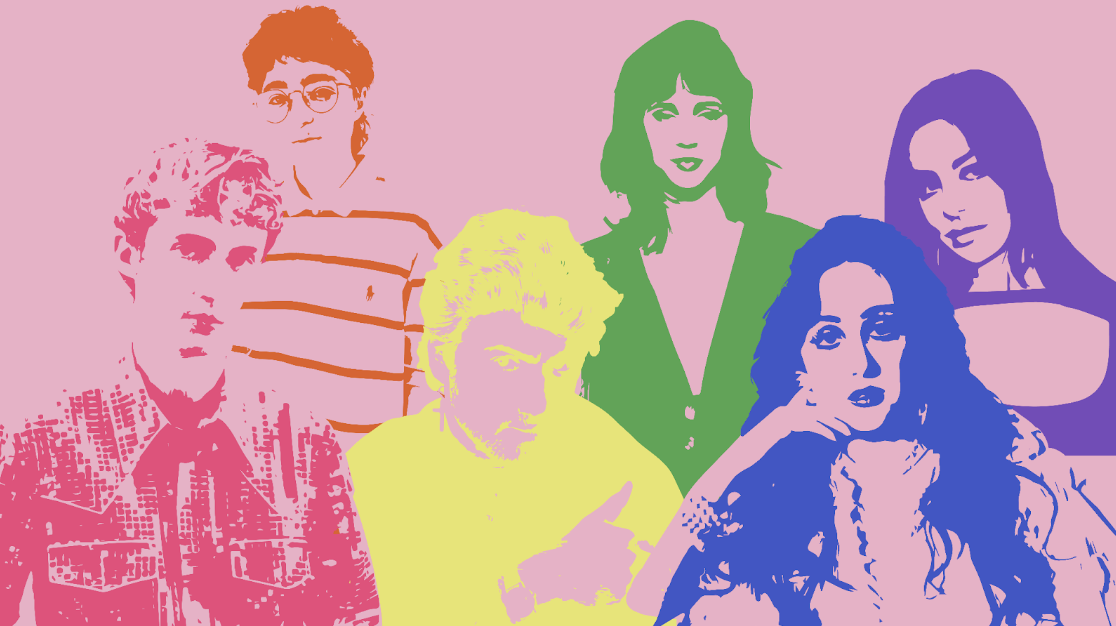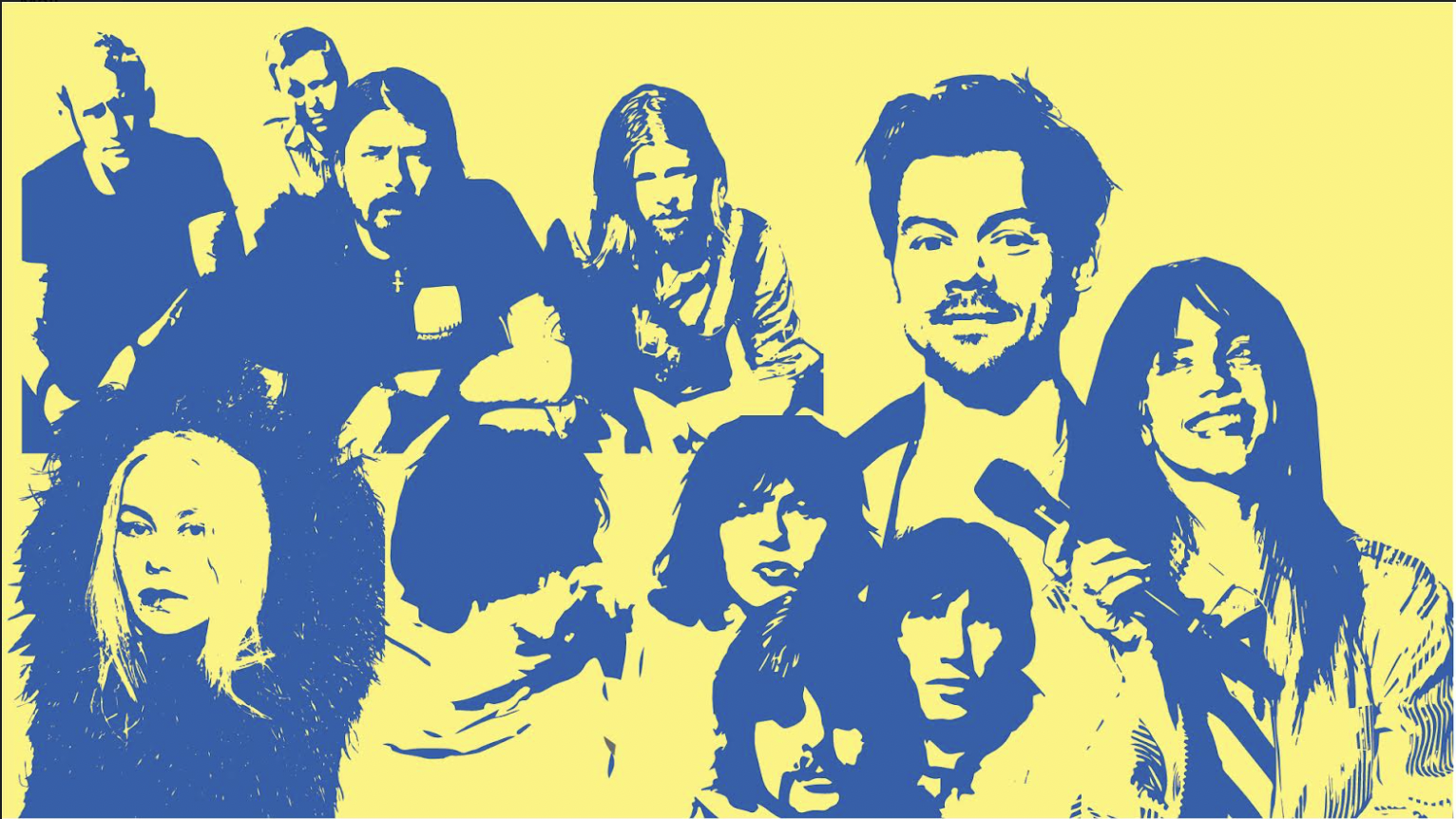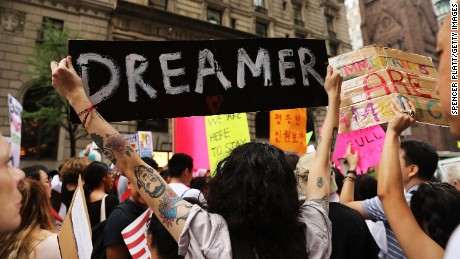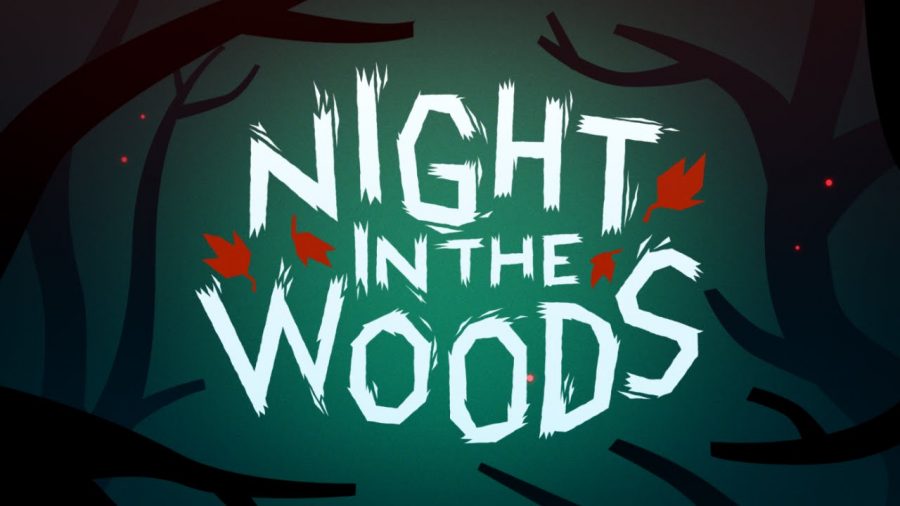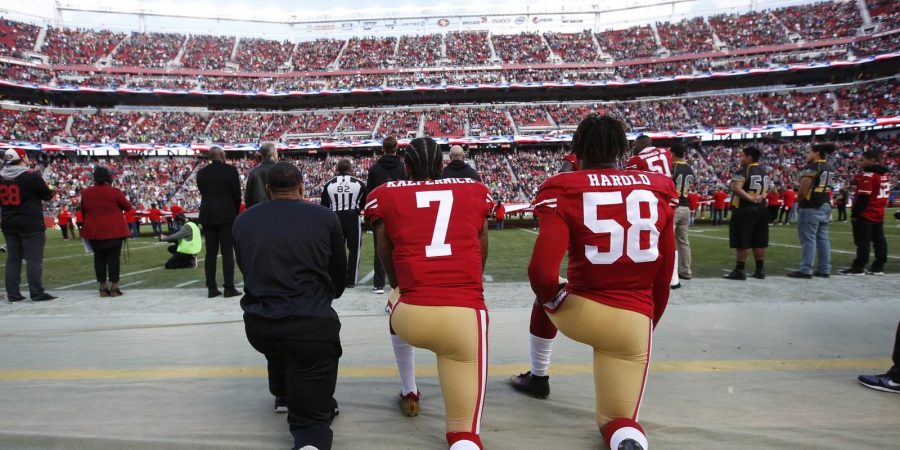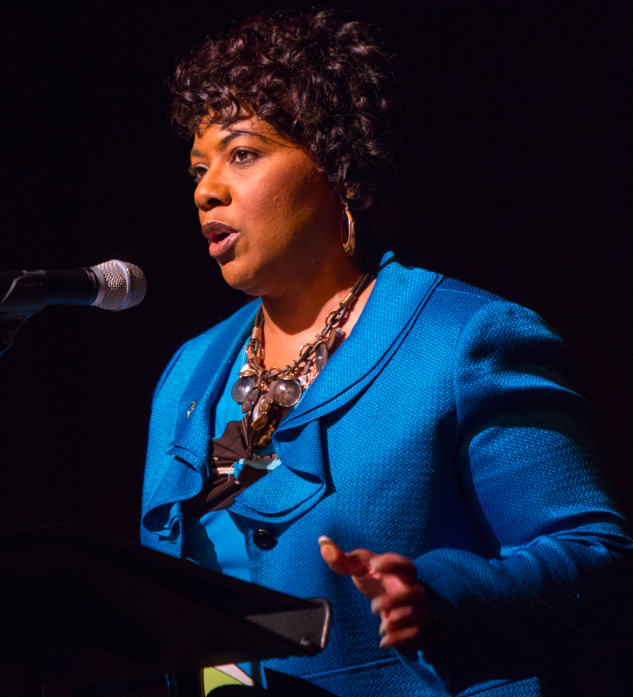By Emily Chicklis
Staff Writer
“The Book of Mormon” is an acclaimed satirical musical with book, lyrics, and music written by Trey Parker, Matt Stone, and Robert Lopez. If the names sound familiar, it’s probably because Parker and Stone are also the co-creators of the animated comedy series “South Park,” which has tested the limits of political correctness and common decency for 18 seasons to date.

Lopez’s career has been no less impressive as the co-creator of another Tony-award-winning musical satire, “Avenue Q.” He is best known these days as the lyricist of Disney’s “Frozen” (that’s right, you can thank Mr. Lopez for having “Let it Go” stuck in your head for a year).
With these histories in mind, it should come as no surprise that this trio gave birth to one of the most irreverent, hilarious, and yet disarmingly sweet musicals ever performed.
The play centers around two young Mormons, Elder Price and Elder Cunningham, who are assigned to work together as missionaries. Elder Price is rather arrogant and excited to have the chance to prove himself, but his dreams are crushed when he is sent not to his dream location, Orlando, Fla., but to a war-torn village in Uganda. Price’s partner is just the opposite: a self-described “follower,” thanks to his unsupportive father, Elder Cunningham is just excited to have a new friend who has no choice but to spend time with him.
Though the satire is always pointed, it never crosses the line into cruelty, due in large part to the almost unwavering optimism and innocence of the central characters. Even as the beliefs of Mormonism are skewered, it is never implied that the Mormons themselves are anything but kind and self-sacrificing people.
The worst that can be said about the characters in the play is that they are naive and obedient to a fault. But even as we laugh at Price, Cunningham, and the general silliness of the show, the audience is still rooting for their success.
The play is hardly anti-religion to begin with—it actually concludes that if a story, no matter how absurd it may seem, can help people survive the horrors of life, then it is a story worth believing in. The less obvious (but possibly more significant) target of this musical is not religion at all, but the savior complex that seems to afflict many white liberals.
Upon arriving in Uganda, Elders Price and Cunningham are greeted by a group of villagers who are as exaggerated as the Mormons, emphasizing the stereotypes that the average Westerner associates with Africa.
The Ugandans we meet in the play are plagued by, among other unpleasant things, poverty, AIDS, and an evil warlord who threatens the women with clitoridectomies. (And, of course, Parker and Stone didn’t miss the chance to incorporate the phrase “scrotum maggots” into several songs.)
These serious issues are presented in a bright musical number that parodies “The Lion King”’s “Hakuna Matata.” Later, when Elder Price witnesses the warlord killing a villager, he returns in the next scene to proclaim, “Africa is nothing like ‘The Lion King!’” At first, it is alarming to see normally humorless subjects treated with such lighthearted Broadway flair, but the bold approach is all in the name of satire.
The missionaries, on a quest to “save” the villagers through baptism, are not unlike Western powers that send aid to African countries while being uninformed about the complex political and economic situations that exist on a regional level.
Many Westerners view Africa not as a collection of distinct nations, but as a uniform whole, full of impoverished people who need help from the “civilized” world. This worldview is played for laughs in the number “I Am Africa”: after the Mormons manage to convert villagers in one remote region of Uganda, the audience is presented with a bunch of white men dressed in all-white suits singing about their newfound understanding of the African continent.
For all their kindheartedness, the Mormons in the play remain utterly ignorant of the people that they intend to save. Even when Elder Cunningham becomes smitten with a young village girl named Nabulungi, the running joke is that he never once bothers to pronounce her name properly, calling her everything from “Jon Bon Jovi” to “Neosporin.”
For those who don’t mind rather crude humor, “The Book of Mormon” is an absolute joy to watch. It is never offensive just for the sake of being offensive, and the musical numbers, while funny, are as solid as any more serious production.
The musical is currently playing at the Colonial Theater, a small but beautiful venue in Boston’s Theater District. The production is headed by David Larsen and Cody Jamison Strand as Elders Price and Cunningham, and features a powerhouse performance by newcomer Candace Quarrels as Nabulungi.
The Colonial will be closing for an unknown amount of time after “The Book of Mormon” ends its run on Oct. 11, so get your tickets soon!




